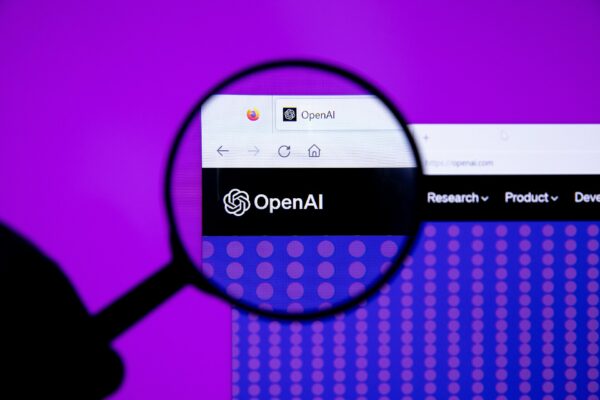OpenAI has now unveiled Codex, its most advanced AI coding agent to date, as part of a research preview integrated into ChatGPT.
This new tool, powered by the codex-1 model, is designed specifically for software engineering tasks and aims to enhance the coding experience for developers.
Codex is built on a refined version of OpenAI’s o3 AI reasoning model, which has been optimized for programming tasks. According to OpenAI, Codex produces cleaner code and adheres more closely to user instructions, iteratively testing its output until it meets the desired results.
The AI operates within a sandboxed, cloud-based environment, allowing it to connect seamlessly with GitHub and preload users’ code repositories.
The functionality of Codex includes writing simple features, debugging code, answering questions about codebases, and running tests.
OpenAI estimates that Codex can complete these tasks in a timeframe ranging from one to thirty minutes. Notably, users can continue to access their computer and browser while Codex operates in the background, making it a versatile tool for developers.
Initially available to subscribers of ChatGPT Pro, Enterprise, and Team, OpenAI plans to implement “generous access” to Codex.
However, the company has indicated that it will introduce rate limits in the coming weeks, with users having the option to purchase additional credits for extended use. The rollout will eventually extend to ChatGPT Plus and Edu subscribers.
The rise of AI coding tools, often referred to as “vibe coders,” has gained momentum in recent months. Executives from major tech companies like Google and Microsoft have noted that approximately 30% of their coding tasks are now handled by AI.
Competitors in the space, such as Anthropic with its Claude Code and Google’s Gemini Code Assist, are also evolving their offerings to meet market demand.
OpenAI’s ambitions with Codex extend beyond mere functionality; the company envisions these AI agents acting as “virtual teammates” that can autonomously complete complex tasks that would otherwise take human engineers significant time.
Internally, OpenAI is already utilizing Codex to streamline repetitive tasks and assist in feature development.
Safety remains a priority for OpenAI, with Codex designed to refuse requests for malicious software development.
Operating in an air-gapped environment, Codex does not have access to the broader internet, thus limiting potential risks associated with misuse.
While Codex represents a significant advancement in AI coding, challenges remain. A recent study highlighted that leading AI coding models still struggle with reliable debugging.
Nevertheless, enthusiasm for these tools continues to grow, with market players like Cursor reporting impressive revenue figures and substantial valuations.
As OpenAI expands its portfolio with Codex and other innovative tools, the landscape of software development may undergo a profound transformation, potentially reshaping how coding is approached in the digital age.
[READ MORE: Coinbase Reveals Customers’ Data Compromised by Hackers]









